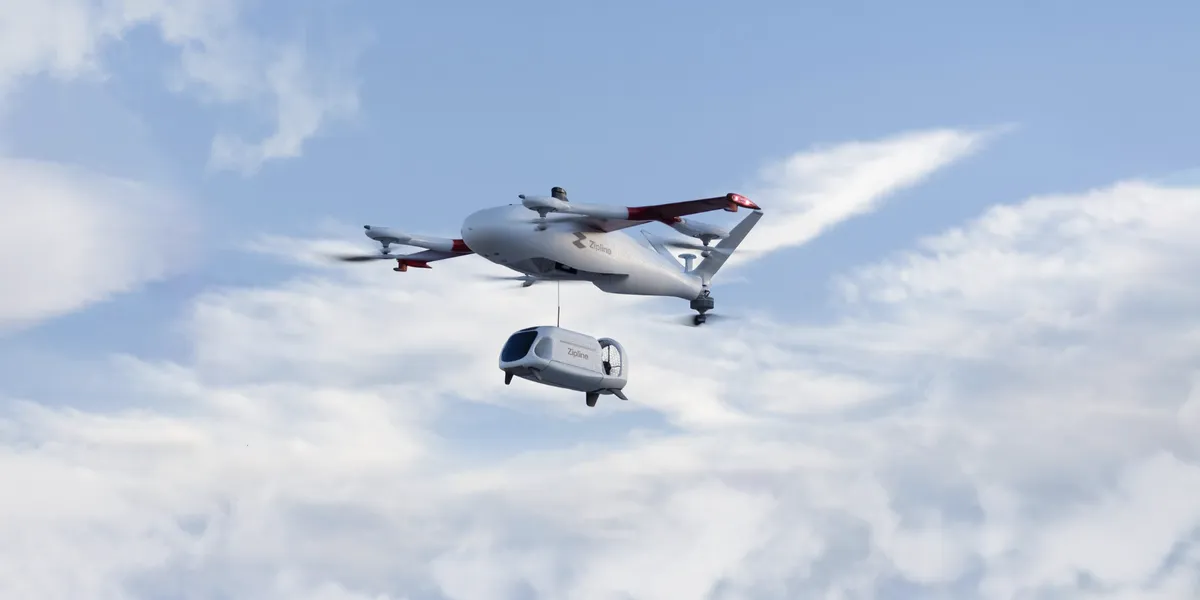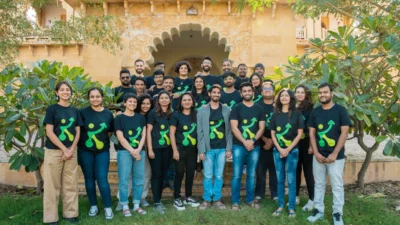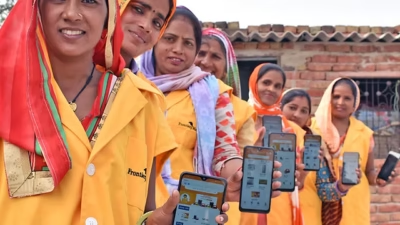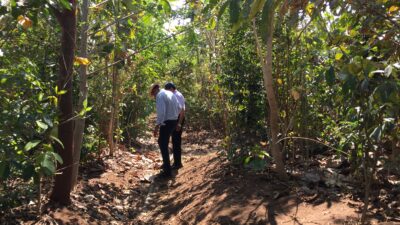From delivering blood on demand in Rwanda to flying COVID-19 vaccines across Ghana, Zipline’s autonomous drones have created the world’s fastest nationwide delivery network for medical essentials.
Imagine a child needing a transfusion in a remote clinic, but the nearest blood bank is hours away. Zipline eliminates that wait with drones. Founded in 2014 by a team of robotics engineers, Zipline set out to build “the first logistics system that serves all humans equally”. It launched its autonomous drone delivery network in Rwanda in 2016 through a public-private partnership. What began as an emergency blood service to 20 hospitals soon scaled into a continent-spanning health logistics platform.
Zipline’s model is simple but powerful. In each country it operates “distribution centres” (essentially mini-warehouses) stocked with blood units, vaccines and medicines. Healthcare workers at thousands of clinics place orders via text or app. Zipline drones – fixed-wing aircraft launched from catapults – fly autonomously to the clinic and drop a 3-pound package by parachute. The round-trip is often completed in under an hour, bypassing poor roads altogether. The system maintains a cold chain for vaccines and can fly in rain or over hills.
Today, Zipline’s reach is astonishing. The company now makes a delivery every 60 seconds, serving 4,800 health facilities and 49 million people across Rwanda, Ghana, Nigeria, Kenya, and Côte d’Ivoire. In Ghana alone, Zipline has delivered over 2.8 million COVID-19 vaccine doses via drone to remote clinics. Embedding its operations in national health systems, Zipline has dramatically improved outcomes: studies show a 51% reduction in maternal deaths from postpartum haemorrhage in Rwanda (since nurses get blood faster) and a 13–37 percentage-point jump in childhood immunisation rates in northern Ghana, thanks to consistent vaccine availability. Another study found a 67% drop in blood wastage in Rwanda, because products now arrive exactly when needed. The data are compelling: faster delivery means fewer stockouts, higher treatment rates, and lives saved.
Zipline’s innovative approach has earned global plaudits (TIME magazine called it a “Game Changer for Global Health”). It has partnered with governments and giants like Gavi (the Vaccine Alliance) and even Pfizer, emphasising that drones can complement – not replace – ground logistics. CEO Keller Rinaudo often notes that the goal is not just flying hardware but integrating logistics into public health planning. Indeed, beyond blood and vaccines, Zipline now delivers essential drugs, mosquito nets, and even consumer goods in some regions.
Perhaps most inspiring are the patient stories. In a Ghana village, new mothers once risked haemorrhage during delivery because blood stocks ran out. Now, with drone delivery, blood banks are a phone call away. Clinics that previously went weeks without certain vaccines now report near 100% immunisation. And healthcare workers, once frustrated by red tape and unreliable suppliers, say they feel empowered. “We can serve patients the same day we diagnose them,” says one clinic nurse in Rwanda.
Zipline’s success illustrates how a bold tech solution can address systemic health challenges. By creating the “weather forecast” of medical supply (always knowing what medicine will be where), Zipline has built Africa’s fastest, most reliable emergency network. As one of the company’s leaders summarised, Zipline was designed “to reach everyone, no matter where they live”. In doing so, Zipline is not only rewriting logistics but charting a path for equitable access to healthcare worldwide.



